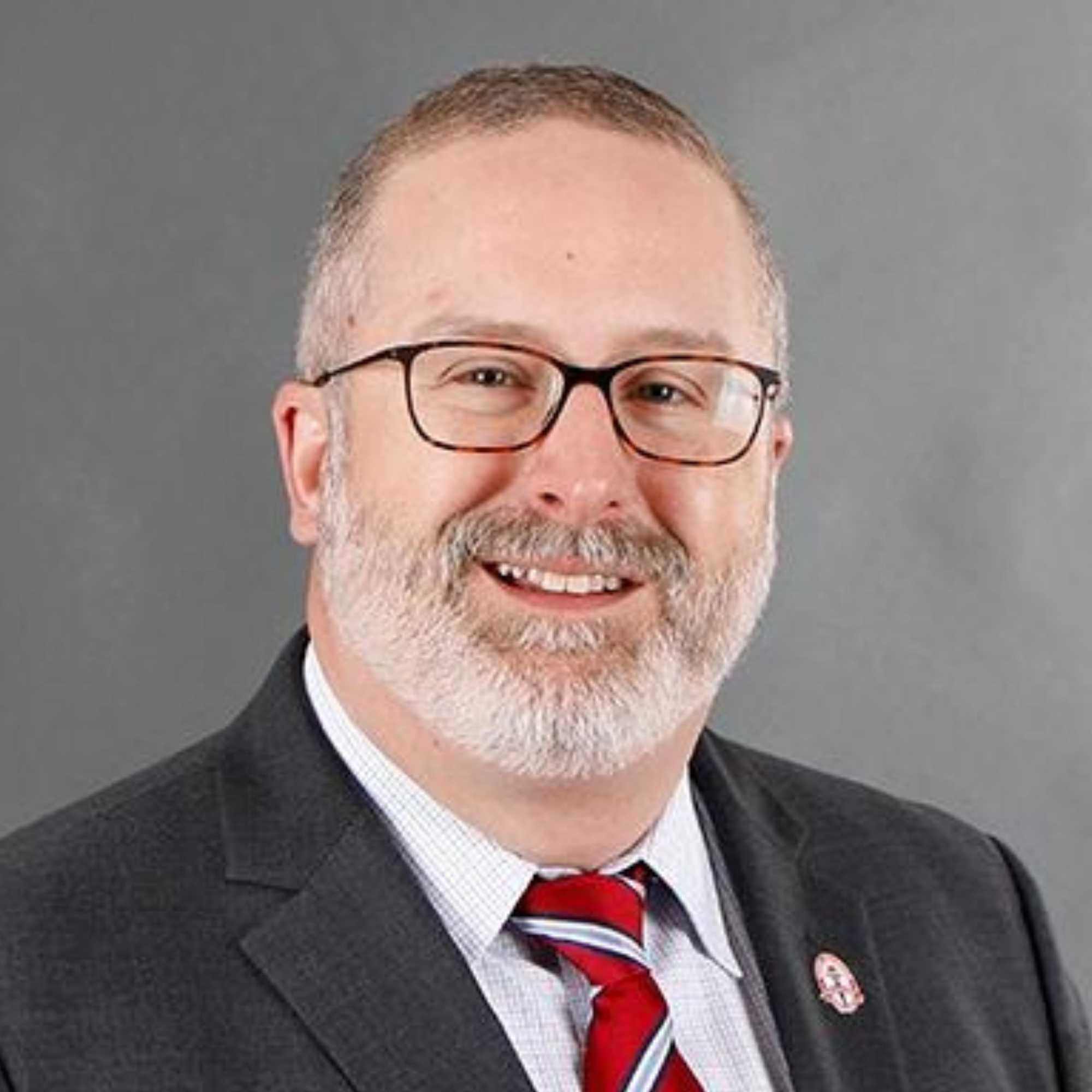I’ve been a student of spiritual awakenings for several years. As a church historian, I have taught many courses over the years on the history of revival and closely related themes. I’ve also published a little bit in the area, mostly in relation to either Jonathan Edwards or the Missionary Awakening among English Baptists in the so-called long eighteenth century. Periodically, I’m also invited to speak on the topic to local churches or conferences. It was while preparing for a conference talk on the history of spiritual awakenings among (mostly) American college and university students that I found myself reflecting on the theme of this post.
In the evangelical circles in which I travel, it is common to hear pastors and other ministry leaders talk about the importance of spiritual revival. They might long for revival in their churches, denominations or networks, or across our nation. Some of them are more “revivalistic” (meaning they like Finney and Moody), while others are more “reformational” (meaning they prefer Edwards and Whitefield). Some like them all, of course. But regardless of how these leaders understand the nature of revival, their respective postures are similar: we (the church, America, the West, all the above) are in bad shape unless God pours out His Spirit and brings about spiritual awakening.
It is also common in my circles to hear pastors and other ministry leaders emphasize cultural engagement. For many this means advocating for some form of social conservatism in the public square, while for others this means championing a faith-infused vision of social justice. Many synthesize these postures, of course, in an effort to follow what they believe Scripture teaches. And some offer a more holistic agenda that includes engaging with cultural spheres such as the arts, education, and business. But regardless of whether these leaders are shaped more by Neo-Calvinism, the Anabaptists, or Black Church traditions, or whether they prefer World or Christianity Today or Sojourners, their respective postures are similar: Christians need to be about the business of bringing the faith to bear on the great issues of our day.
I don’t want to imply that most pastors only care about one of these priorities or the other. Most care about both, at least to some degree. Still, it seems to me that many tend toward either a longing for spiritual awakening or a commitment to cultural engagement as their “default factory setting.” This can be because of personality, ecclesial tradition, theological convictions, or ministry context.
Over the summer, I read Collin Hansen’s excellent biography of the late pastor Tim Keller. When most people think of Keller, they likely think about his interest in cultural engagement. However, Hansen reminds us that Keller cared deeply about both the need for revival and the need for believers to engage the culture. He knew the history and theology of revival, having been influenced significantly by Richard Lovelace’s classic work Dynamics of Spiritual Life: An Evangelical Theology of Revival. Of course, Keller was also influenced profoundly by the Kuyperian tradition, arguably increasingly so in the final decade or so of his public ministry. Keller wanted Christians to take seriously the cultural mandate and he longed for spiritual awakening.
This posture is not unique to Keller, of course. Richard Land, the namesake for the Land Center for Cultural Engagement, led the Southern Baptist Ethics and Religious Liberty Commission for a quarter century from 1988 to 2013. In that role, he sought to educate Southern Baptists about ethical issues and represent the Convention’s interests in the public square. Yet, on numerous occasions I have also heard Dr. Land talk about how only spiritual awakening can bring about the sort of cultural renewal for which he and his organization were advocating. Believers need to get right with God. Churches need to get right with God. And Americans need to get right with God.
Both Keller and Land were also, in many respects, heirs to the postwar evangelical movement that became influential in American life in the mid-20th century. Billy Graham was an evangelist who also cared about Christians influencing the culture. Carl Henry was a theologian who wrote about culture and also longed for revival. Harold John Ockenga was a pastor and educator who preached and wrote frequently on both topics. The same sort of thing could be said of Francis Schaeffer, Jerry Falwell Sr., D. James Kennedy, and Adrian Rogers.
My point is this: the sorts of folks who read blog posts published by the Land Center for Cultural Engagement should be the same sorts of folks who pray that God would bring spiritual awakening to their lives, their churches, and their cities, and their nations. We should obey the cultural mandate and, for those of us who are pastors and teachers, equipping others to do the same. But we should also pray for revival, remembering that God alone brings lasting transformation through the power of the Holy Spirit.
Other Work By Nathan Finn
Revisiting Carl Henry’s “Uneasy Conscience For A New Generation”
Nathan Finn, Provost and Dean of the University Faculty at North Greenville University, is a historical and systematic theologian who writes and speaks widely on Baptist history and thought, leadership, and Christian higher education. He serves as a Research Fellow for the Ethics and Religious Liberty Commission. He frequently preaches and teaches for local churches, ministry leadership conferences, Bible conferences, and other similar events.

